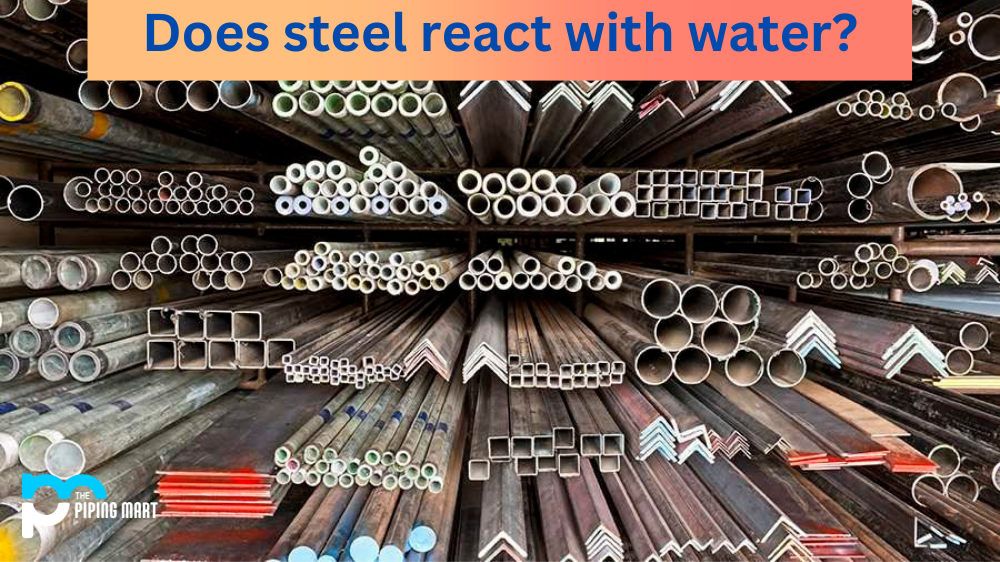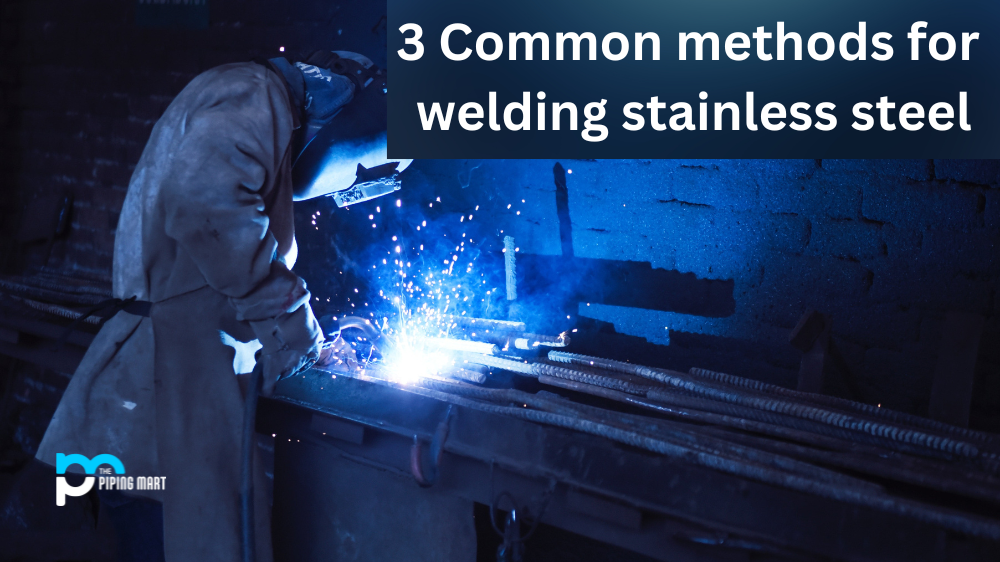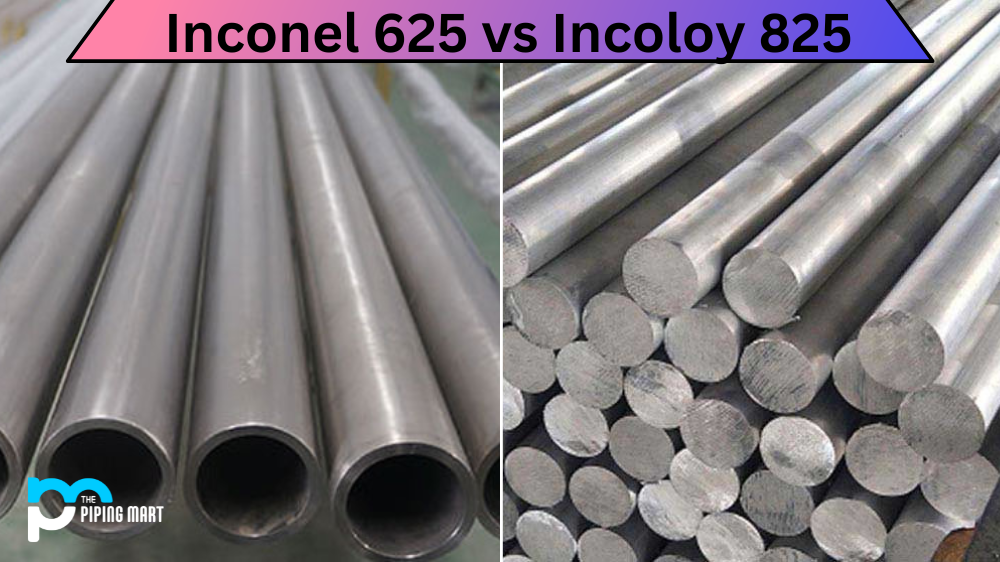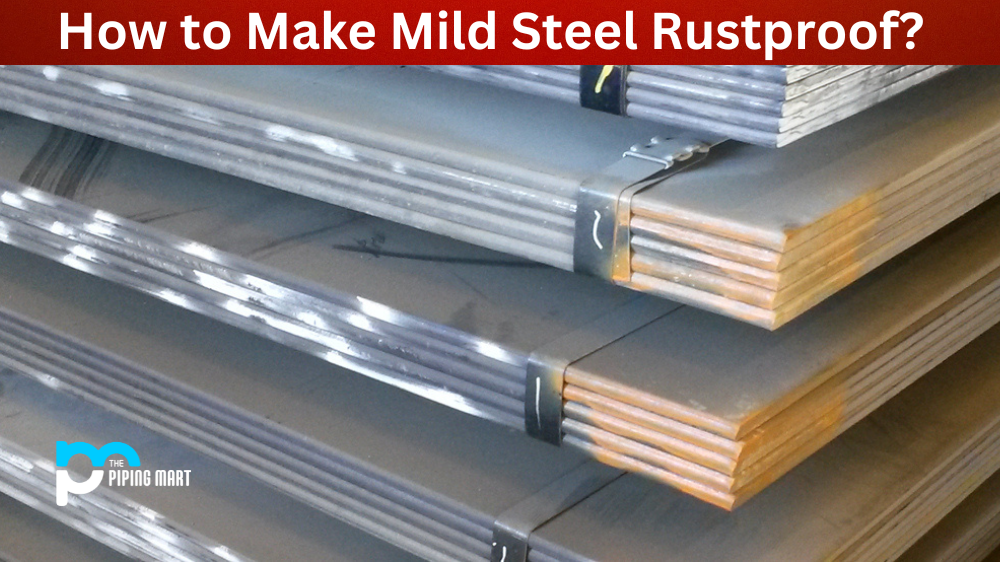Steel is one of the most common materials used in construction, manufacturing, and many other industries. It’s also a material that is often exposed to water or other liquids on a regular basis. But does steel react with water? Let’s take a closer look at this important question.
Steel and Rust
The first thing to understand about the interaction between steel and water is that when steel comes into contact with liquid, it can cause the surface of the steel to rust. Rust is an oxide created when iron in the steel reacts with oxygen in the air or liquid surrounding it. This reaction results in a red-brown flaky substance known as rust which can weaken and corrode steel over time if it isn’t properly treated or maintained.
Types of Steel and Their Corrosion Resistance
Not all types of steel are equally susceptible to corrosion from exposure to water or other liquids. The type of steel you choose for an application depends on how much corrosion resistance you need. For example, stainless steels have a high level of chromium content which helps them resist corrosion from exposure to water or other liquids. On the other hand, mild steels have very little chromium content and are more prone to corrosion when exposed to water or other liquids.
Protection Against Corrosion
The best way to protect your steel from corrosion due to exposure to water or other liquids is by applying protective coatings such as paint or epoxy. These coatings act as a barrier between the metal surface and whatever liquid it may come into contact with—effectively preventing the oxidation process, which leads to rusting. Other methods for protecting your steel against corrosion include galvanizing (a process of coating metal surfaces with zinc) or using crevice-corrosive inhibitors (chemicals which prevent oxygen from reaching the metal surface).
Conclusion:
Steel can react with water depending on what type of steel it is and how much protection it has been given against corrosion. If left unprotected, some types of steel can corrode quickly when exposed to moisture, while others may be able to withstand prolonged exposure without any damage occurring at all. To ensure your steel products remain strong and durable for years to come, always consider adding protective coatings like paint or epoxy before exposing them to any kind of liquid environment!

Pipingmart is a B2B portal that specializes in metal, industrial and piping items. Additionally, we share the latest information and information about materials, products and various types of grades to assist businesses that are involved in this business.




